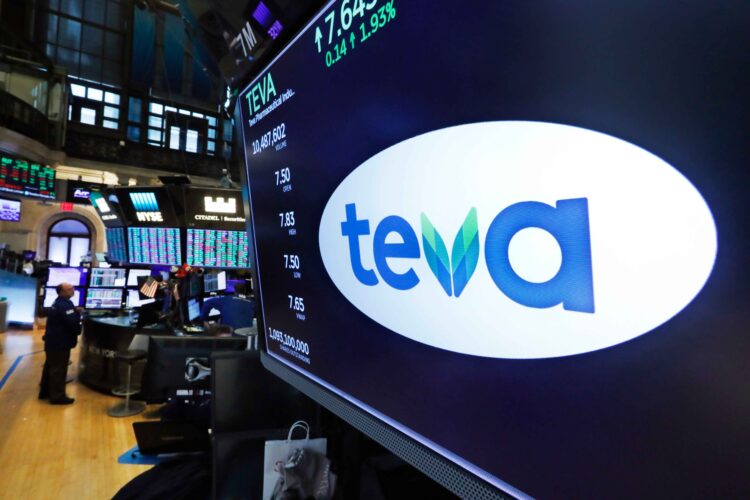Big Pharma company Teva forced to pay $225 million in fines to settle criminal charges of price-fixing drugs related to cholesterol among other things. This will be the largest fine for a domestic antitrust crime ever paid, according to prosecutors.
The Israel-based Big Pharma giant is also required to donate $50 million worth of medication to charitable organizations per a pending court approval, bringing the total to roughly $285 million. Teva along with India-based Glenmark Pharmaceuticals were charged back in 2020 for their conspiracy to raise prices on generic drugs, especially cholesterol drug pravastatin, from 2013 to 2015. Teva and Glenmark are being forced to divest their versions of pravastatin.
Teva will be paying the fines over the course of five years: $22.5 million each year until 2028 when it will pay $135 million. If Teva or Glenmark are caught violating the settlement, they will be barred from participating federal health care programs.
But, the case was bigger than just Teva and Glenmark. Teva was the ringleader of a wider conspiracy involving the pharma companies Apotex, Taro Pharmaceuticals USA, and Sandoz, according to the Wall Street Journal. The other companies had to pay hefty fines as well.
Learn the benefits of becoming a Valuetainment Member and subscribe today!
This is also not the first time Teva was sued by the U.S. government. In 2016, Teva Pharmaceutical Industries Ltd. (Teva) and its Russian subsidiary Teva LLC were forced to pay more than $283 million in fines due to to its bribery schemes with foreign governments such as Russia, Ukraine, and Mexico in violation of the Foreign Corrupt Practices Act (FCPA). In a related case, the U.S. Securities and Exchange Commission (SEC) filed a cease and desist letter against Teva, in response to which Teva had to pay $236 million in disgorgement and prejudgment interest. The combined total penalties Teva was mandated to pay was roughly $520 million.
As Patrick Bet-David covered in a recent video, one of the main reasons cable television still survives is because of advertising from large pharmaceutical companies. In fact, the cable networks receive a whopping 75% of their funding from Big Pharma, according to market and consumer data research center Statista.
Additionally, PBD covered the chokehold Big Pharma has over the finances of average Americans through their exploitation of U.S. patent law. Watch him break it down here:


















Just like the New York Banksters, they pay a fine and nobody goes to jail for their crimes.